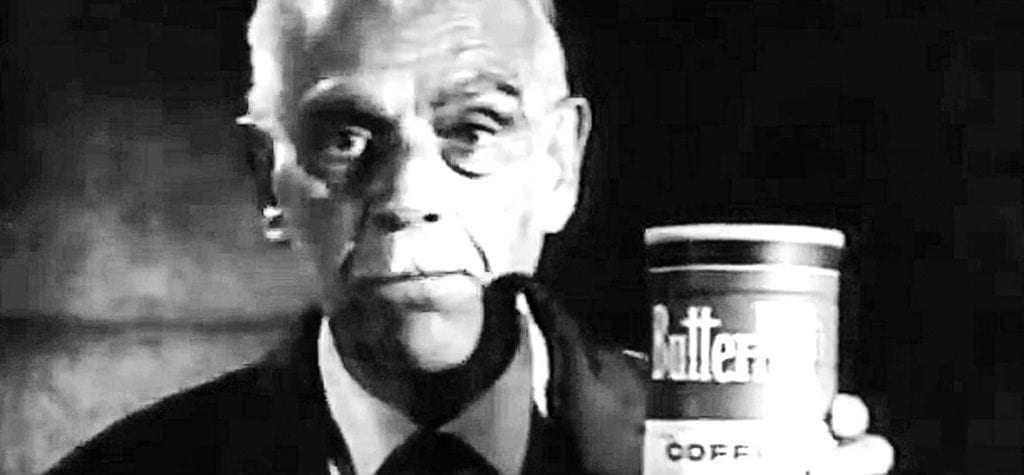
’10 After Midnight’: Great horror anthology shows to watch first
Netflix recently announced a straight-to-series order for a new horror anthology show from Guillermo del Toro, entitled 10 After Midnight. Given del Toro’s track record, the show will hopefully enter the pantheon of great anthology series such as The Twilight Zone, Alfred Hitchcock Presents, and Netflix’s own Black Mirror.
But what about similar shows that are less known to mainstream audiences? There are a great many anthologies which seem to have slipped through the cracks, despite being every bit as eerie as their more famous peers. So, without further ado, let’s bring five little-known horror anthology shows out of the darkness and into the light.

Way Out (1961)
Originating from the mind of beloved author Roald Dahl, this one-season oddity aired directly after The Twilight Zone. However, unlike that show’s more mainstream aspirations, Way Out seemed tailormade to confound and disturb its audience via Dahl’s trademark cynicism. One of the show’s highlights, “The Croaker”, depicts a man who manipulates a young boy into turning all of his town’s residents into frogs.

The Veil (1958)
The Veil was hosted by Frankenstein actor Boris Karloff, who introduced each episode and starred in the majority of them. Every installment was based on a real supernatural occurrence, acting as a precursor to shows like Unsolved Mysteries. One mind-bending episode, entitled “Summer Heat”, revolves around a man who witnesses a murder on a sweltering day, only to become convinced it was a mirage.

Hammer House of Horror (1980)
This gonzo show from former British production powerhouse Hammer features an everything but the kitchen sink mentality, throwing voodoo dolls, axe murderers, and werewolves together into a gleefully entertaining witches brew. A prime example of this formula can be found in “Visitor From The Grave”, which depicts a mental patient who murders a man that once raped her, only to see his corpse rise from the dead.

The Ray Bradbury Theatre (1985 – 1992)
From the author of Fahrenheit 451 comes this moralistic collection of episodes, each adapted from one of Bradbury’s stories. Though the topics can skew towards the science-fiction end of things, there is a current of dread that carries through each instalment. This tone comes across in “The Playground”, which portrays a father who brings his son to a playground where he himself was once bullied.
Lights Out (1946 – 1952)
Based on a radio series of the same name, this pioneering show premiered before the majority of people in the United States owned televisions. Though the visuals are often grainy, the plots shine through with a surrealistic aesthetic. This zaniness is apparent in “The Meddlers”, which stars John Carradine (The Ten Commandments) as a prospector who faces off against confederate ghosts in his search for buried treasure.







